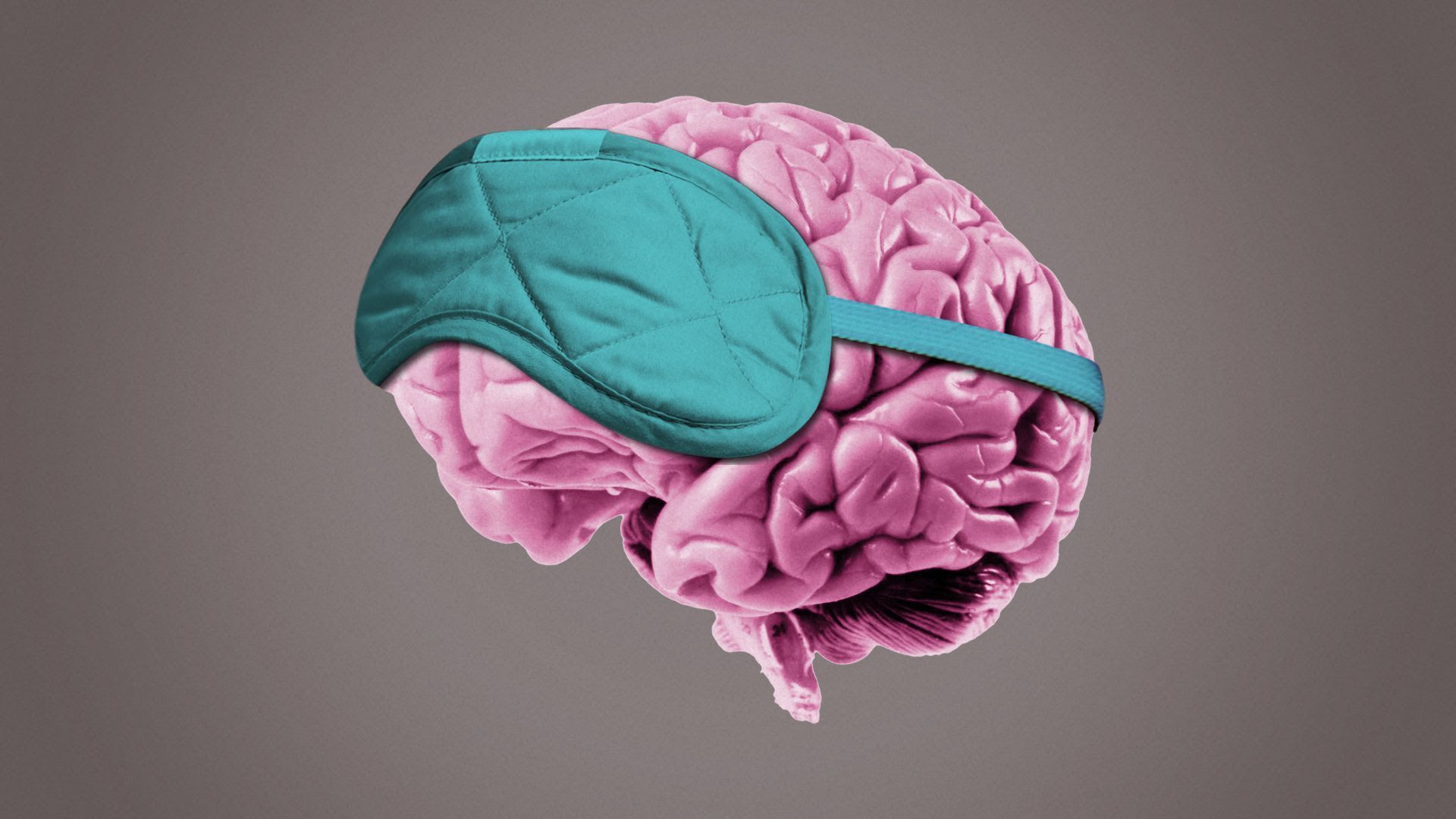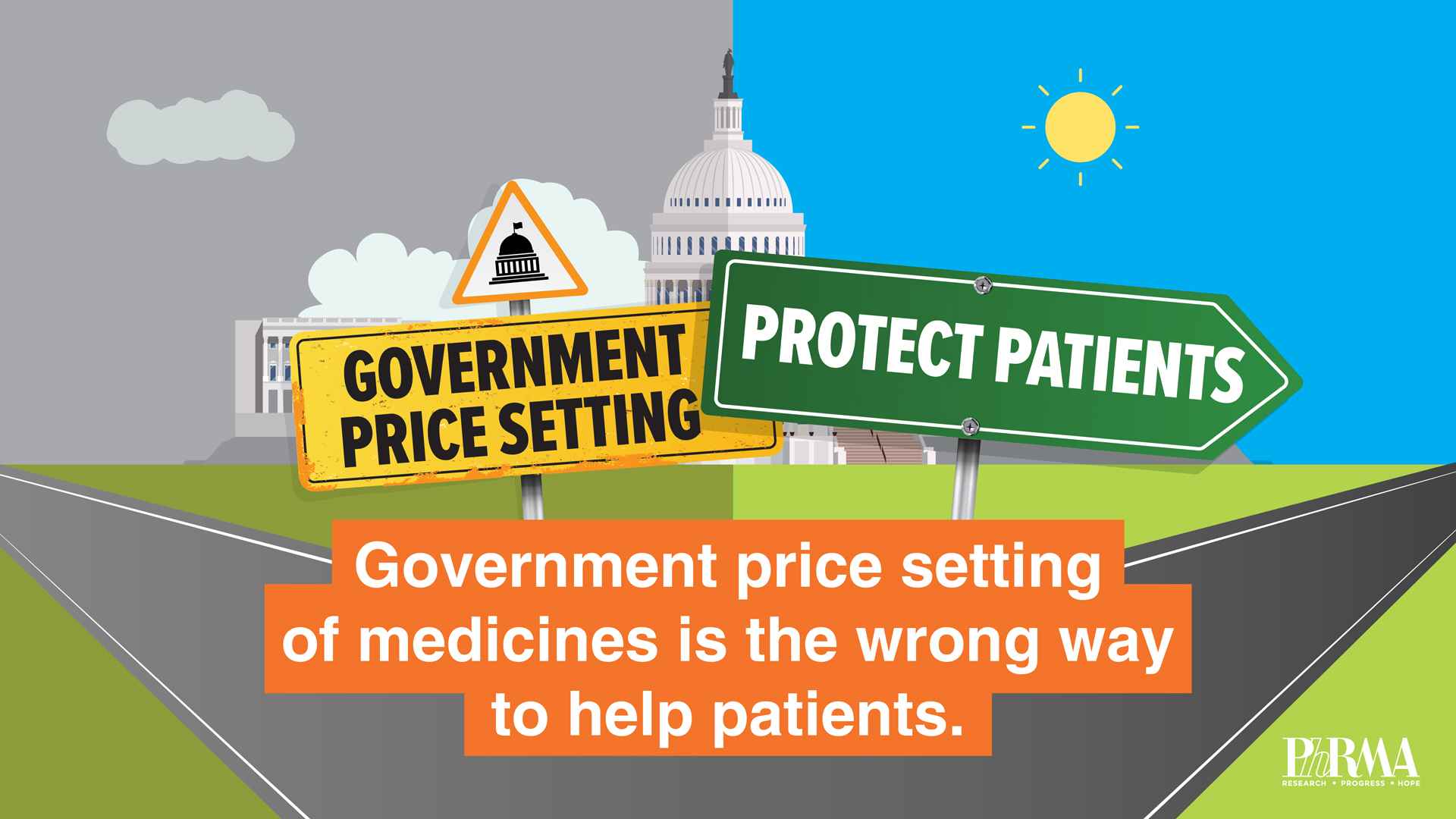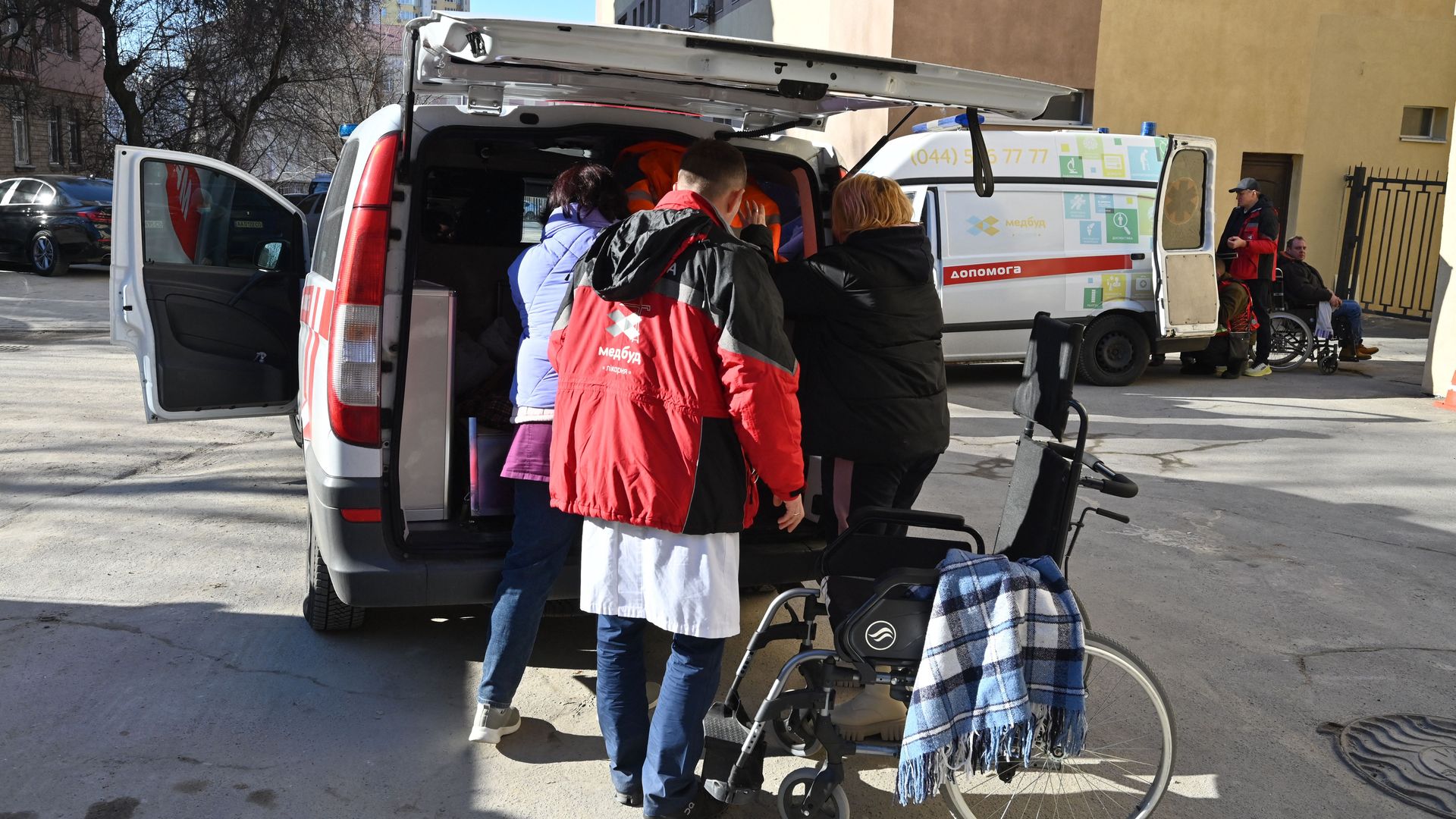| |
| |
| |
| Presented By PhRMA |
| |
| Axios Vitals |
| By Tina Reed ·Feb 28, 2022 |
| Happy Monday, Vitals readers. Today's newsletter is 774 words or a 3-minute read. On this last day of Black History Month, we remember Myra Adele Logan. - In 1943, Logan was the first woman to perform open-heart surgery and was also credited with the development of antibiotics. She did early work on the detection of breast cancer and the development an X-ray process to more accurately detect differences in tissue density. All that and she ALSO was an accomplished classical pianist.
|
| |
| |
| 1 big thing: A case for (some) continued masking |
 |
|
| Illustration: Brendan Lynch/Axios |
| |
| Public health experts are trying to make a case for continuing to selectively wear masks even though the CDC just stopped recommending most Americans use them in public. Why it matters: In the push to return to normal, there are lingering concerns about endangering millions of immunocompromised Americans, as well as among kids under 5 who still don't qualify for vaccinations. Driving the news: The CDC announced Friday it created new metrics for determining when people should use masks and take other COVID precautions. - Overall, though, the CDC now recommends universal masking for less than a third of the U.S. population, Axios' Caitlin Owens reported.
Yes, but: Experts say they hope the takeaway is that people should still mask in certain situations for the greater good. "I personally will continue to wear a mask in most indoor public settings," Gerald Harmon, president of the American Medical Association, said in a statement. - "I urge all Americans to consider doing the same, especially in places like pharmacies, grocery stores, on public transportation— locations all of us, regardless of vaccination status or risk factors, must visit regularly,' he said.
On the other hand: "We want to give people a break from things like mask-wearing," said CDC director Rochelle Walensky at a news briefing Friday, NPR reported. What to watch: This comes as the Biden administration plans to accelerate the return of the federal workforce this week and make a broad push for a return to normal, people familiar with the plan told Axios' politics team. Read the rest. |
    |
| |
| |
| 2. Studies argue COVID originated from animals |
| A live animal market in Wuhan, China — and not a laboratory — is where COVID likely originated, new preprint studies released over the weekend indicate. Why it matters: The non-peer reviewed studies are already sparking controversy online while offering significant new evidence that the virus jumped from animals to humans, the New York Times reports. - "When you look at all of the evidence together, it's an extraordinarily clear picture that the pandemic started at the Huanan market," Michael Worobey, an evolutionary biologist at the University of Arizona and a co-author of both studies, told the Times.
Side note: Worobey is the same guy who wrote a column last spring calling for scientists to keep an open mind to the COVID origin question, pointed out Nature's Amy Maxman. Our thought bubble: The evidence, however compelling, likely won't settle the enduring debate over whether the virus was transmitted from animals or escaped from a research facility. |
    |
| |
| |
| 3. Between the sheets |
 |
|
| Illustration: Megan Robinson/Axios |
| |
| Health tech developers are paying more attention to tools designed to improve people's sleep while they're at rest, Axios' Erin Brodwin reports. Why it matters: Startups and tech giants have been working on fitness and sleep devices for roughly the past decade, and today, affluent consumers have their pick of Oura rings, Whoop bands, Apple Watches and Google Nests. - But with the help of AI and machine learning, products are evolving to intervene to help while people are sleeping, rather than simply preparing people for rest, according to a new PitchBook report.
State of play: So far, examples of such tools include light therapy, with a focus on the use of red light to boost sleep quality, as well as tech that auto-adjusts the ambient temperature based on user's patterns. - The work could yet extend into tracking one's gestures or body language.
Erin Brodwin co-authors the Axios Pro Health Tech deals newsletter. Start your free trial at AxiosPro.com. |
    |
| |
| |
| A message from PhRMA |
| Fixing health care means putting patients first |
| |
 |
| |
| From out-of-pocket costs, to deductibles, to hospital bills – the most vulnerable patients face challenges. 3 in 10 Americans who have insurance still face a financial barrier to care. We need to make the cost of medicine more predictable and affordable. Learn more |
| |
| |
| 4. Pics du jour: Conflict in Ukraine |
 |
|
| Medical personnel evacuate patients on Saturday from a hospital located near a high-rise apartment building that was hit by shelling in Kyiv, Ukraine. Photo: Genya Savilov/AFP via Getty Images |
| |
| The World Health Organization warns Ukraine's hospitals could run out of oxygen within the next 24 hours, CNBC reports. - On Sunday, the U.S. Agency for International Development (USAID) and the U.S. State Department announced $54 million in additional humanitarian assistance in Ukraine, including for "critical emergency health supplies."
- Below, volunteers donate blood at the Zakarpattia Regional Blood Transfusion Station in the Zakarpattia region of western Ukraine. Ukrainians have reportedly been waiting hours at a time to donate blood.
Photo: SerhiiHudak/Ukrinform/Future Publishing via Getty Images |
    |
| |
| |
| 5. While you were weekending |
 |
|
| Illustration: Aïda Amer/Axios |
| |
- Around the world, doctors have noticed teenage patients reporting the sudden onset of tics and they suspect social media may be to blame. (The Atlantic).
- The mental health field may need to reimagine a way to diagnose illness beyond the DSM. (Wired)
- Scientists have discovered a new reason why the superbug Clostridioides difficile — better known as c. diff — is so hard to beat. (Science News)
|
    |
| |
| |
| 6. One fun thing |
| In case you missed it this weekend, SNL offered their take on a new "good variant" of COVID that makes you feel "dope," complete with cameos of Paul Rudd and Al Roker partying. If only! |
    |
| |
| |
| A message from PhRMA |
| Fixing health care means putting patients first |
| |
 |
| |
| From out-of-pocket costs, to deductibles, to hospital bills – the most vulnerable patients face challenges. 3 in 10 Americans who have insurance still face a financial barrier to care. We need to make the cost of medicine more predictable and affordable. Learn more |
| |
| 🚀 Thanks for starting the week with us. Please tell your family, friends and colleagues they can subscribe to Vitals or any of Axios' newsletters through this link. |
 | Bring the strength of Smart Brevity® to your team — more effective communications, powered by Axios HQ. | | |
Post a Comment
0Comments